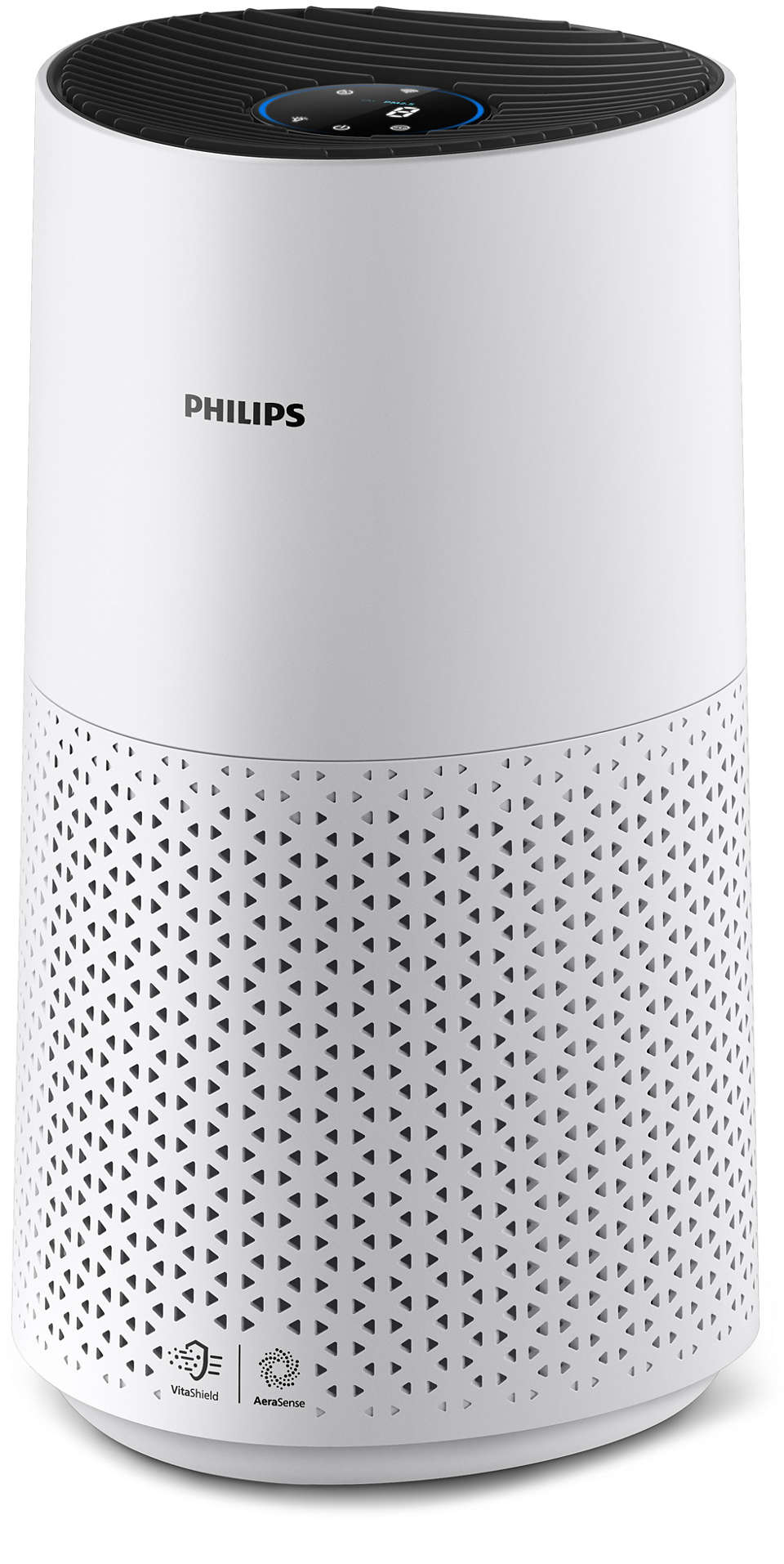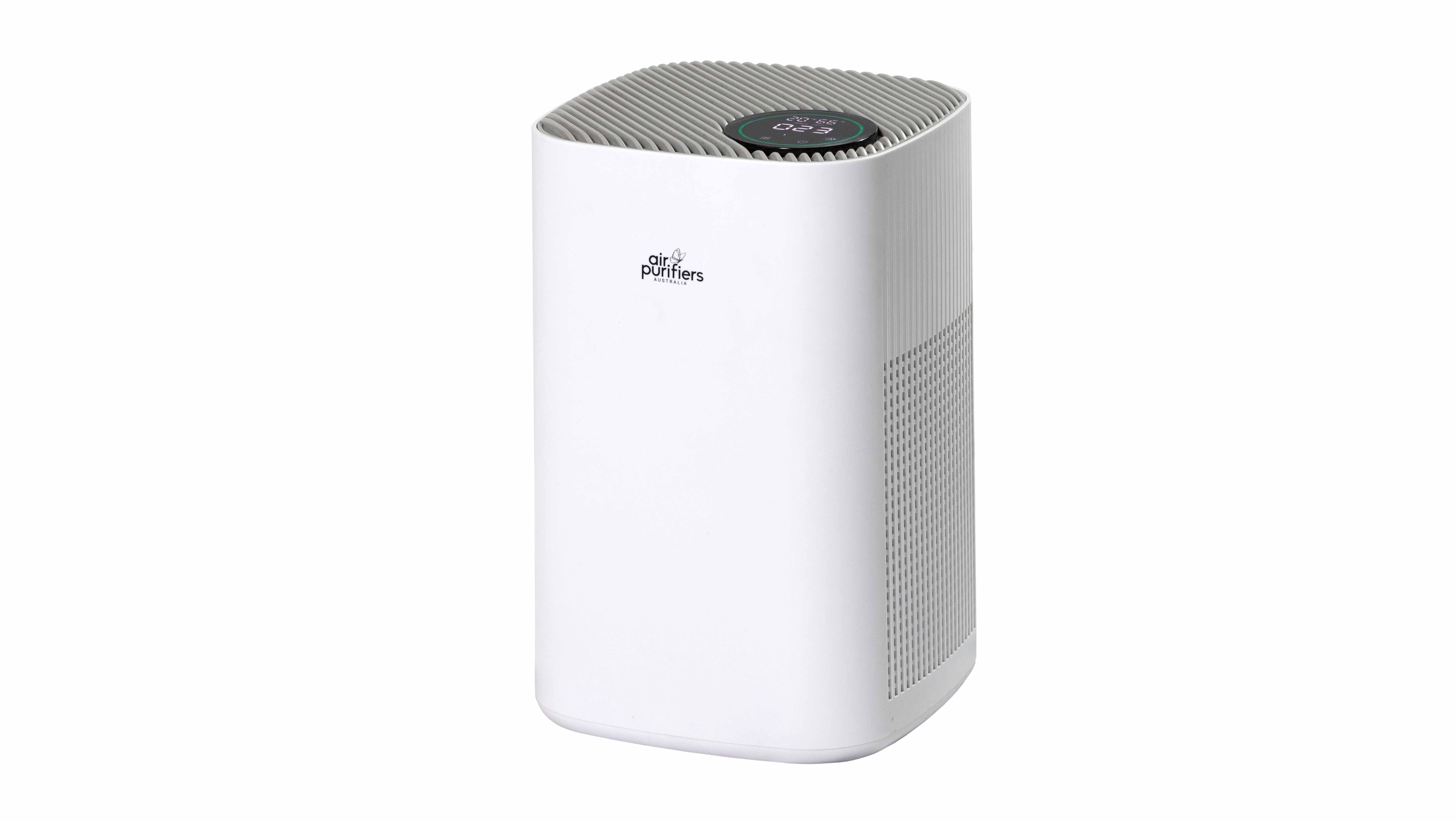Featured
Table of Contents
- – Understanding Allergies and Triggers
- – Can Air Purifiers Aid With Allergies?
- – The Scientific Research Behind Air Purifiers ...
- – Are Air Purifiers Right for You? Aspects to C...
- – Maximizing Air Purifiers for Allergies
- – Beyond Air Purifiers: A Multi-Pronged Method t...
- – Living a Breath Easier Life with Allergies

Air purifiers are typically proclaimed as an option, encouraging cleaner air and relief from allergy signs and symptoms. Are air purifiers absolutely worth the financial investment for allergy sufferers?
Understanding Allergies and Triggers
To comprehend the duty of air cleansers, let's first delve into allergic reactions and their triggers:
- The Allergic Action: Allergies occur when your immune system panics to a harmless compound, like plant pollen or allergen. This reaction activates the release of histamines, triggering allergy signs and symptoms like sneezing, coughing, itchy eyes, and a runny nose.
- Common Allergens: Indoor allergens consist of dust termites, animal dander, mold spores, pollen that drifts indoors, and also cockroach irritants. These air-borne particles can irritate your air passages and cause allergic reaction signs.
Can Air Purifiers Aid With Allergies?
Air purifiers function by reeling in air, removing contaminants, and launching cleaner air back right into the room. Here's just how they can potentially benefit allergy patients:
- Capturing Irritants: HEPA (High-Efficiency Particulate Air) filters, a common kind utilized in air purifiers, are extremely efficient at capturing air-borne irritants like dirt mites, family pet dander, and plant pollen. By removing these triggers from the air you take a breath, air purifiers can aid decrease allergic reaction signs.
- Improved Air Quality: Air cleansers can likewise remove various other irritants from the air, such as smoke, dust, and unstable organic substances (VOCs) This overall renovation in air high quality can be helpful for allergy sufferers who are sensitive to these extra triggers.
The Scientific Research Behind Air Purifiers and Allergies
Studies have revealed that air cleansers can be helpful in reducing allergic reaction signs and symptoms. Below's a consider some vital research findings:
- A 2019 evaluation released in the journal "Existing Allergy and Asthma Reports" concluded that air cleansers with HEPA filters can be effective in minimizing allergic reaction symptoms and enhancing high quality of life for individuals with hay fever (hay fever)
- A 2018 research released in the journal "Record of Allergic Reaction, Asthma & Immunology" found that utilizing an air purifier with a HEPA filter in the bed room dramatically decreased allergen allergen degrees and boosted rest high quality in people with bronchial asthma.
However, it is essential to note that study additionally suggests some restrictions:
- Air Purifier Protection: Air purifiers are most effective in the room where they are positioned. Their influence on allergens in various other parts of your home may be minimal.
- Severity of Allergies: While air cleansers can help, they might not be a full service for severe allergic reactions. Medications and other allergy administration techniques could still be needed.
Are Air Purifiers Right for You? Aspects to Consider
Below are some key variables to take into consideration when deciding if an air purifier is worth it for your allergies:
- Intensity of Allergies: If your allergic reactions are mild and well-controlled with medication, an air purifier could not be required. Nevertheless, for those with modest to serious allergies, an air purifier can be an important device in taking care of signs.
- Types of Allergens: Think about the major triggers for your allergies. Air cleansers are most efficient for air-borne irritants like dirt termites, pet dander, and plant pollen. They might not be as practical for allergens like mold and mildew that grow on surfaces.
- Way of life and Atmosphere: If you have animals, stay in a location with high plant pollen matters, or have issues about indoor air high quality, an air purifier can be beneficial.

Maximizing Air Purifiers for Allergies
If you determine to spend in an air purifier for allergic reactions, below are some pointers for optimizing its effectiveness:
- Choose a HEPA Filter: Seek an air purifier with a HEPA filter licensed to capture bits as small as 0.3 microns.
- Right Size for the Room: Guarantee the air purifier has a Clean Air Distribution Rate (CADR) that is ideal for the size of the area you plan to use it in.
- Positioning Issues: Put the air purifier in the area where you spend one of the most time, such as your bed room.
- Normal Filter Maintenance: Change HEPA filters according to the producer's instructions to maintain ideal efficiency.
- Combine with Other Methods: Air purifiers are not a one-size-fits-all solution. Incorporate them with other allergic reaction management methods like medication, regular cleansing, and allergen-proof bed linen.
Beyond Air Purifiers: A Multi-Pronged Method to Allergy Administration

While air cleansers can be a beneficial tool in your allergy toolbox, they are not a magic bullet (If you're looking to buy an Air Purifier then Air Cleaners Australia is the best destination.). A thorough technique that incorporates air filtration with other methods is vital to attaining long-lasting allergy relief. Right here are some added approaches to consider:
- Drug: Antihistamines, decongestants, and nasal corticosteroids, recommended by your doctor, can successfully handle allergic reaction signs.
- Allergy Testing and Immunotherapy: Determining your specific irritants through allergic reaction testing can pave the method for immunotherapy, a therapy that helps desensitize your body immune system to irritants with time.
- Air High Quality Administration: Routine cleansing with a HEPA-filtered vacuum cleaner and allergen-specific cleansing items can considerably lower allergen, family pet dander, and other allergens in your home.
- Controlling Humidity: Mold and mildew flourishes in humid atmospheres. Using a dehumidifier can assist control moisture levels and stop mold development, a common indoor allergen.
- Lifestyle Adjustments: If you have hatreds plant pollen, remaining inside during peak plant pollen periods and showering after hanging around outdoors can help minimize direct exposure.
- Bed linens and Surfaces: Enclosing pillows and cushions in allergen-proof covers can significantly lower allergen direct exposure. On a regular basis cleaning bed linens in warm water helps get rid of allergens.
Living a Breath Easier Life with Allergies
Remember, managing allergic reactions is a continual process. By understanding your triggers, applying a multi-pronged strategy, and possibly integrating an air purifier into your strategy, you can considerably minimize allergic reaction symptoms and breathe simpler.
Extra Considerations:
- Consulting a Medical professional: If your allergies are serious or otherwise well-controlled with medicine and way of living adjustments, get in touch with an allergist for tailored suggestions.
- Air Top Quality Monitoring: Think about making use of an air top quality display to track irritant levels in your home and change your monitoring strategies appropriately.
- Long-Term Investment: A top quality air purifier can be a long-term financial investment in your health and health.
By taking a positive method and taking on a mix of these techniques, you can develop a much healthier and allergy-friendly atmosphere, enabling you to take pleasure in a breath simpler life.
Table of Contents
- – Understanding Allergies and Triggers
- – Can Air Purifiers Aid With Allergies?
- – The Scientific Research Behind Air Purifiers ...
- – Are Air Purifiers Right for You? Aspects to C...
- – Maximizing Air Purifiers for Allergies
- – Beyond Air Purifiers: A Multi-Pronged Method t...
- – Living a Breath Easier Life with Allergies
Latest Posts
Will The Dishwasher Harm Your Yeti Rambler? Fundamentals Explained
Some Known Incorrect Statements About Is It Okay To Clean Yeti Ramblers In The Dishwasher?
The Of Are Yeti Ramblers Meant To Brave The Dishwasher?
More
Latest Posts
Will The Dishwasher Harm Your Yeti Rambler? Fundamentals Explained
Some Known Incorrect Statements About Is It Okay To Clean Yeti Ramblers In The Dishwasher?
The Of Are Yeti Ramblers Meant To Brave The Dishwasher?